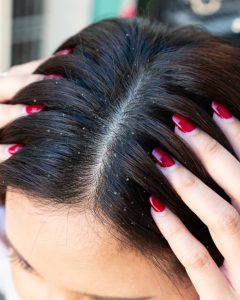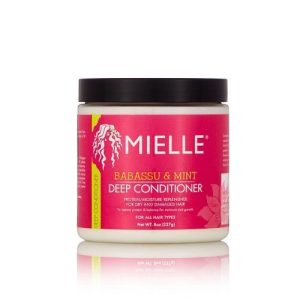Link to our Social Media Handles.
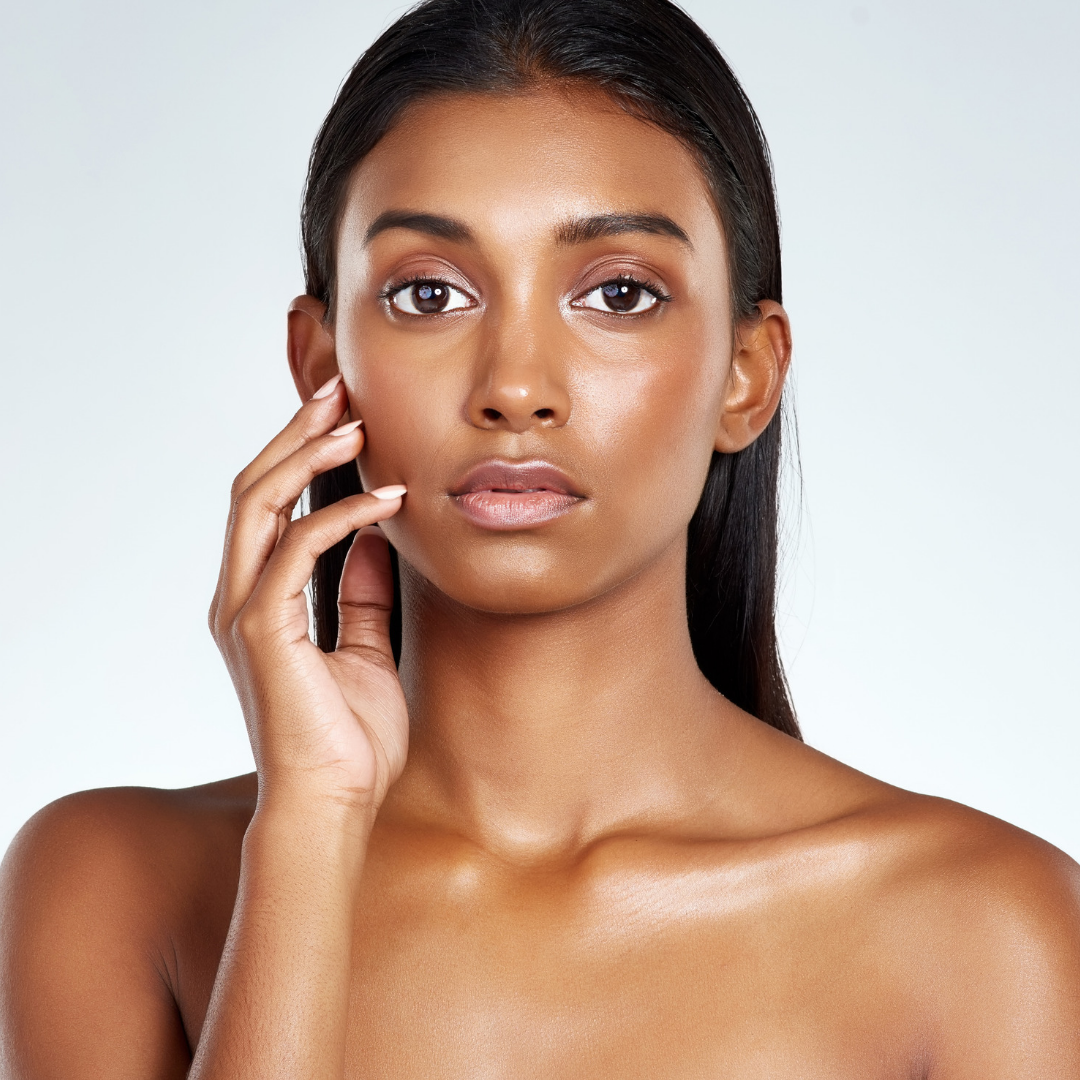
Last week, I visited a few of my friends and found them discussing Niacinamide and its benefits. Some of them argued that it only lightens people’s skin, a few of them argued that it bleaches people’s skin, and others argued that it works effectively for acne and does not bleach the skin. I decided to do thorough research on it to be sure of what it does, and in this post are the benefits of niacinamide according to my research.
What is Niacinamide?

For the sake of people who have only heard about it but do not know what it is:
In a simple form, Niacinamide is a type of vitamin B3 and a water-soluble skincare ingredient that helps to repair skin barriers such as acne, enzyme, and inflammation.
Niacinamide is commonly found in creams, masks, serums, and other types of skincare products but according to Healthline, niacinamide is primarily common in serums because it is more effective at penetrating the skin.
Niacinamide is good for boosting skin health by producing naturally occurring antioxidants. It is great for fighting free radicals and preventing signs of ageing.
Some studies have proved that niacinamide has anti-ageing properties and can even enhance the appearance of skin with collagen, sun damage, and skin breakdown, preventing future signs of damage. It also decreases the appearance of fine lines and wrinkles and improves skin texture.
One more thing you should note about niacinamide is that it can be consumed in two forms:
- In the form of dietary sources or orally
- topically
When niacinamide is in the form of dietary sources, it means its benefits can be obtained orally by eating a specific food. This specific food naturally contains vitamin B3, and they are:
- Animal-based products such as meats, eggs, milk, and fish.
- Nuts and Seeds
- Vegetables
Similarly, the vitamin B3 of niacinamide can also be obtained by taking medications or supplements.
On the other hand, Niacinamide is available as cream, lotion, serums, and gels. Thus, its benefits can be consumed topically by applying it to the skin.
Key point: What to note in this section is that Niacinamide is a type of vitamin B3 that can be used to treat skin issues. It is available orally or topically, so you can get it as creams or supplements.
Benefits of Niacinamide
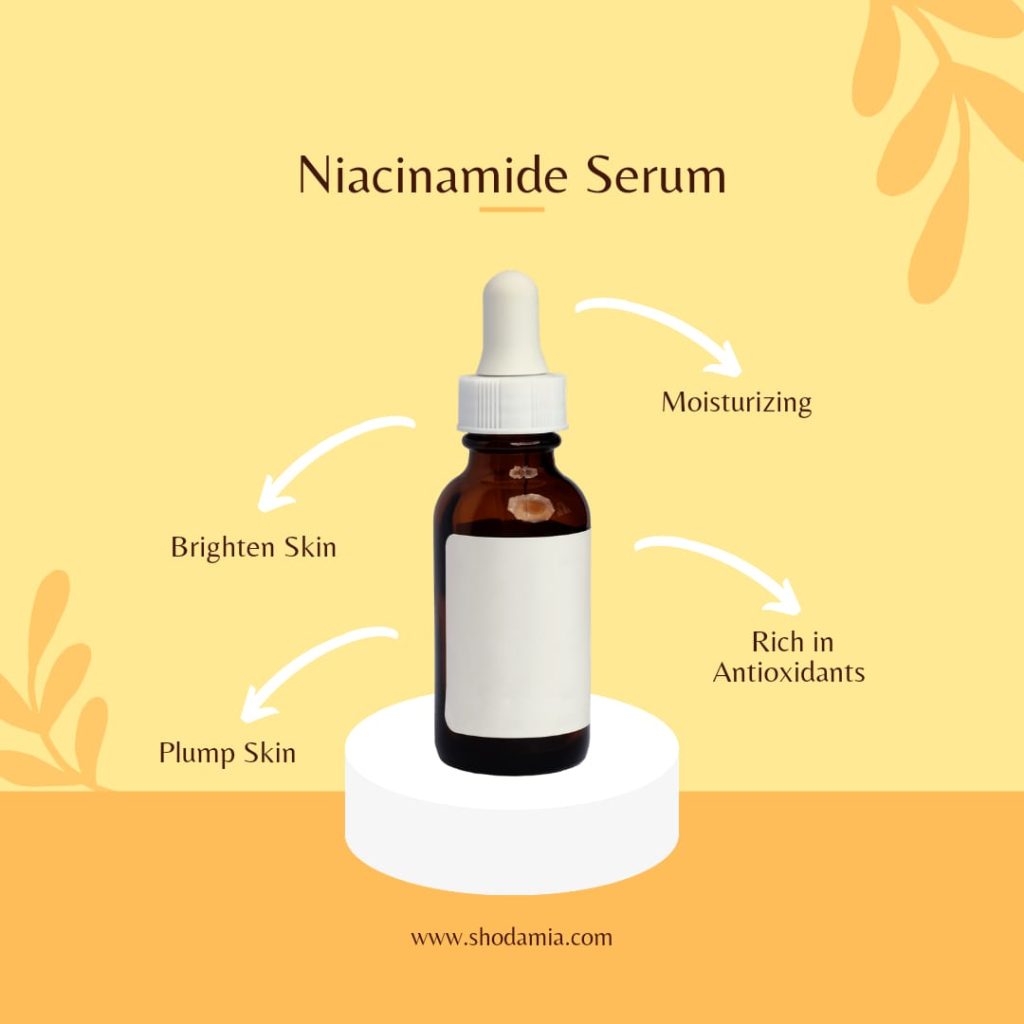
Now that you understand what Niacinamide is, here are the benefits of Niacinamide below.
It Helps to Prevent Aging
Research has proved that Niacinamide is an anti-ageing skincare product that protects the skin from premature ageing. The body has two essential molecules, which are NAD and NADP. These molecules play a crucial role in biochemical reactions, such as cellular energy production, glucose metabolism, and the synthesis of lipids. However, one thing about these molecules is that they decrease as the body ages, and this is where niacinamide comes in. Niacinamide, both supplements and topical when they are used, helps to reduce the loss of NAD and NADP in the body and prevents the body from ageing (62).
Niacinamide Helps to Reduce Redness
Some studies have confirmed that one of the top benefits of niacinamide is that it has broad anti-inflammatory properties that can prevent the skin from contracting inflammatory conditions like acne or enzymes. Another thing is that skin redness can be caused by injury, allergies, or irritation, and niacinamide can help prevent this inflammation. Furthermore, niacinamide is non-irritating to the skin and improves barrier function by increasing ceramide and free fatty acid levels.
It Helps to Reduce the Appearance of Hyperpigmentation
Hyperpigmentation is a term that is used to describe black spots and discolouration of the skin. Three factors can be the cause: hormonal changes in the body system (for example, pregnancy), too much exposure to the sun (what many people know as sunburn), and injury or inflammation to the skin. Clinical studies have confirmed that niacinamide is an effective skin-lightening skin product that can decrease these 3 kinds of hyperpigmentation and lighten the dark spot areas.
It Mitigates Acne
Acne is an unwanted blemish that looks unpleasant on the skin. Excess oil production in the body system, irritation from other skin products, and a genetic predisposition can cause this blemish. Studies have, however, shown that due to the anti-inflammatory function of niacinamide, it can reduce sebum production and the size of pores. However, it is a strong skin care product that treats acne and smoother the skin.
Niacinamide Prevents Skin Cancer
Another benefit of niacinamide according to studies, is that it protects against skin cancer. It prevents ultraviolet damage that develops from sun exposure, and that can lead to skin cancer. According to a study, taking 500mg of oral niacinamide twice a day reduces the development of Non-Melanoma skin cancer (NMSC) by 23 per cent. On the other hand, applying 1% of topical niacinamide twice a day reduces NMSC by 21.8% reduction. However, this means that oral and topical niacinamide effectively protects against skin cancer.
In summary, niacinamide is a skin-lightening cream that can help you brighten your skin, especially the dark spot areas. It also works effectively for acne and can help you reduce pores or pimples to have a smooth face. Frequent use of it or when added to your skincare routine can help your smooth glow and healthy.
Which Niacinamide is the best? Is it Topical Niacinamide or Niacinamide Supplements?
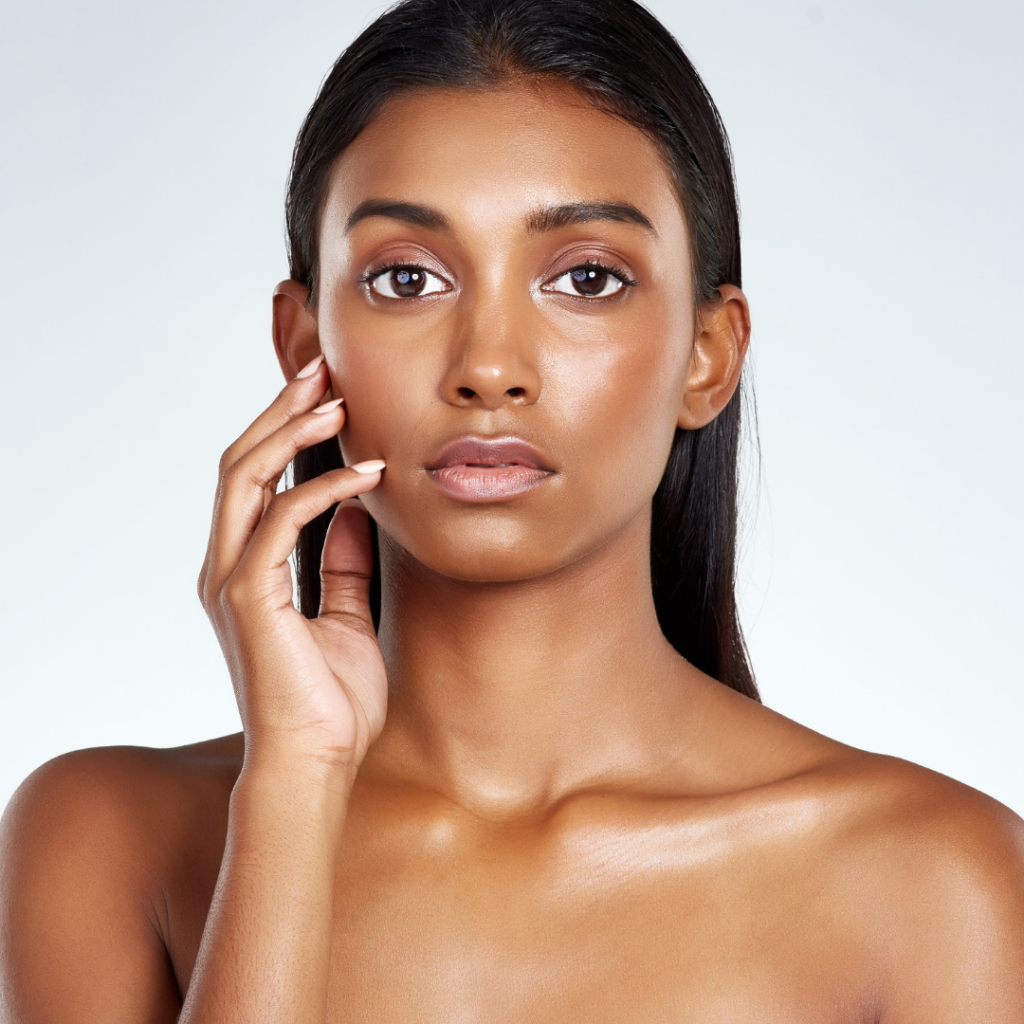
Remember we discussed at the beginning of this post that niacinamide can be consumed in two forms which are oral or topical. Thus, in this section, we discussed the most effective niacinamide for the skin.
According to Everydayhealth, topical niacinamide is the most effective for the skin because of its direct contact with the skin. Topical niacinamide comes in lotion, cream, or gel, which can easily be applied to the skin, especially the targeted area.
On the other hand, niacinamide supplements such as food intake or medications are taken orally but are also effective for the skin. For instance, vitamin B3 is present in meat, fish, and eggs. However, frequent intake of this food can be healthy for your skin. Theoretically, according to Everydayhealth, topical niacinamide is best effective to use because oral intake has a risk of liver toxicity. Again, procedures to take them must be strictly fulfilled to avoid too much intake.
The second reason why topical niacinamide is most effective is because of its direct absorption. When your skin develops acne or redness, you can easily apply the topical niacinamide, and the targeted area will quickly absorb it as well.
On the other hand, oral niacinamide can not be done this way. Therefore, the effective delivery to the targeted area is uncertain.
The third reason is that topical niacinamide serum or cream can be mixed with other skin care products for effective use and results. This is not feasible for niacinamide supplements.
In summary, research shows that topical niacinamide is more effective for the skin than niacinamide supplements.
Read also: Best Dove Cream For Fair Skin
What are the Side Effects of Niacinamide?
A study by Arakelyan confirms that since Niacinamide is a type of vitamin B3, it may have the following side effect when taken by mouth (oral).
Stomach Irritation and nausea: People who use slow-release nicotinic acid may experience nausea, vomiting, and stomach irritation. There appears to be a link between its use and an increase in liver enzymes.
Liver damage: Long-term niacin medication for cholesterol may result in liver damage. It is more prevalent with slow-release nicotinic acid but can also occur with immediate-release nicotinic acid.
Blood sugar Control: Niacin doses of 3-9 grams per day have been related to decreased blood sugar management in both short and long-term usage.
Gout: Niacin can raise uric acid levels in the body, causing gout.
Another study confirmed that Niacinamide may cause minor adverse effects such as stomach upset, diabetes, and liver damage, as stated above. It also added that niacinamide can exacerbate allergies and may impact the outcome of a surgery if used frequently prior to the surgery. It can also worsen gallbladder disease and lead to stomach ulcers.
However, the study concluded that niacinamide is generally considered safe, but the likelihood of experiencing these side effects is associated with the manner in which it is used. For instance, when used in high doses, such as 3 grams per day, it may cause these side effects.
Niacinamide is safe when properly taken by mouth. In other words, taking the supplements as directed or prescribed ensures their safety.
Available research also demonstrates that niacinamide is safe when applied to the skin. Although it might cause burning or itching, only if it is inappropriately used or the victim has some preexisting allergies.
In summary, niacinamide is generally evaluated to be safe to use but only if used appropriately, both topically and orally.
Disclaimer: The information in this article is strictly based on thorough research and available scientific literature. It is important to note that the content presented here should not be solely relied upon as medical advice.
What Are the Skincare Products That Can Be Used with Niacinamide?
Niacinamide can be combined with various types of skincare products. Here are the most popular ones that can be used with niacinamide:
Vitamin C
Experts have confirmed that Vitamin C is a powerful antioxidant that fights free radicals. It also increases collagen and elastin production in the skin to restore firmness.
Therefore, it is safe to use vitamin C with niacinamide because it will balance the process of inflammation and help smooth the skin.
How to use
If you want to use vitamin C and niacinamide together, Ensure you apply vitamin C first before you apply niacinamide.
Hyaluronic Acid
Hyaluronic Acid is another skincare ingredient you can combine with niacinamide. It is a hydrating ingredient that restores the skin’s barrier function.
Hyaluronic Acid can be used together with niacinamide to balance skin moisture levels. This mixture will help to hydrate the skin, improve its texture and ensure smoother, healthy skin.
How to use
The best time to use hyaluronic acid is either in the morning or at night. Whenever you want to use it, apply 5 or 6 drops on the damp skin, followed by a moisturizer.
Retinol
Retinol is a vitamin A derivative. It comes in the form of a cream and serum, and it helps to stimulate collagen production and soothe skin inflammations.
According to experts, retinol and niacinamide work well together; several skin care products contain the two ingredients. Niacinamide has an anti-inflammatory property, while retinol can effectively reduce wrinkles and make the skin appear healthier.
How to use
- Apply retinol only at nighttime. After that, use sunscreen during the day
- Use retinol twice or three times a week
- Wait for 8-12 weeks to see results on your skin
How to Use Niacinamide For the Best Result
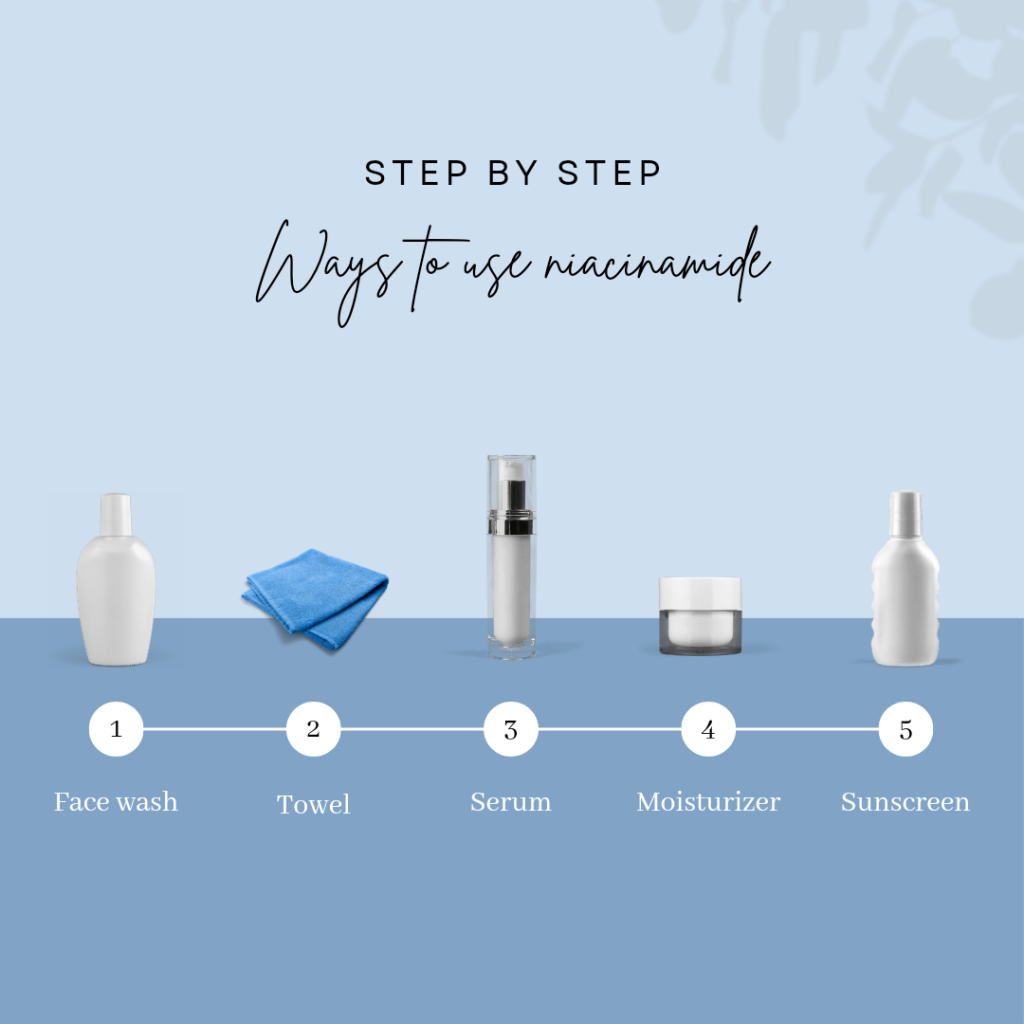
Here’s the best way to use niacinamide
- Start by washing and rubbing your face with a cleanser to make sure your skin is free of dirt, oil, and other irritants
- Use your towel to pat your face dry
- Now, apply two drops of your niacinamide serum to your palm
- And spread it all over your skin. Make sure that it reaches everywhere on your face and body for equal results
- Then apply your moisturizer or any cream
Can I use Niacinamide Alone Without Mixing it With Other Skincare Ingredients?
Yes! You can use niacinamide alone or in combination with other ingredients.
Can I Use Niacinamide Every Day?
Yes! You can use or apply Niacinamide to your skin every day for better results. This is why it is mainly in the form of serum or moisturizer.
Is Niacinamide For All Skin?
Yes! Studies have confirmed that niacinamide can be effective for skin types.
How Should I Use Niacinamide if I Have Oily Skin?
If you have oily skin, you should use a combination of niacinamide and Zinc Serum. Studies have shown that the combination of the two improves skin tone and works well for reducing the size of pores of any skin (sensitive or not sensitive).
Now back to my friends’ argument about the benefits of niacinamide. This post has shown that niacinamide is not a bleaching cream, but it is a lightening cream that can brighten the dark area on faces or skin. It is also a powerful skincare product that can reduce acne and skin tone.
Did you learn something? Visit www.shodamia.com for more posts like this.
WE ARE WAITING!


